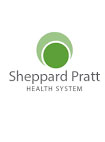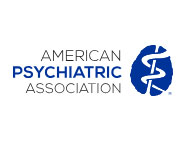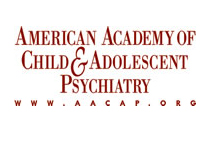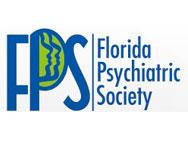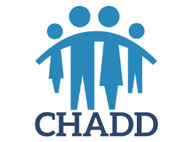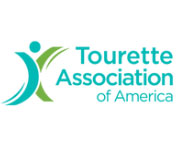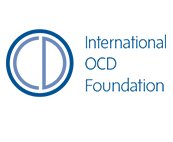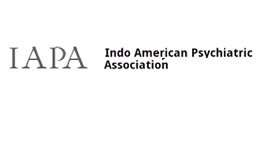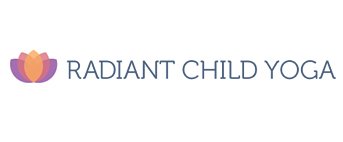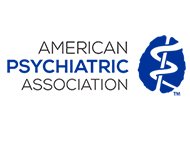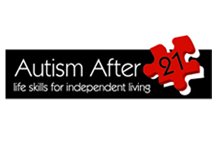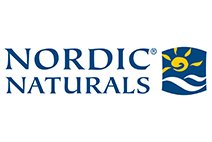Role of Moderate to Vigorous Exercise for Depression
 Adults with good cardiorespiratory fitness—the ability of the circulatory and respiratory systems to supply oxygen during sustained physical activity—have half the risk of developing symptoms of depression, suggests a study in the Journal of Affective Disorders.
Adults with good cardiorespiratory fitness—the ability of the circulatory and respiratory systems to supply oxygen during sustained physical activity—have half the risk of developing symptoms of depression, suggests a study in the Journal of Affective Disorders.
Vincenza Gianfredi, M.D., and colleagues The Netherlands analyzed data from 1,730 adults aged 40 to 75 years progression, and complications of type 2 diabetes, although not all participants in the study have the condition. The study measured the participants’ cardiorespiratory fitness through an exercise test on stationary bicycles. The researchers divided the participants into three groups according to whether they had low, medium, or high cardiorespiratory fitness. Participants completed the Patient Health Questionnaire-9 (PHQ-9), which is used to screen for symptoms of depression, at baseline and during annual follow-ups over five years.
When the researchers compared rates of depressive symptoms among the three groups of participants, they found that compared with participants who had low cardiorespiratory fitness, those with medium or high cardiorespiratory fitness had a 50% lower risk of developing depressive symptoms. This reduced risk was independent of the participants’ current exercise levels. Results remained similar when there is exclusion of participants who were taking antidepressants at baseline and participants who had a lifetime history of major depressive disorder.
Types of cardiorespiratory fitness include
- walking especialy with intervals of walk/run and using small weights
- running or jogging
- swimming
- bike riding
- using machines like spinning or treadmills if you are confined inside
Adult psychiatrists feel exercise opportunities during a global pandemic is vital. Many of us are confined indoors and unable to reach exercise in a way we were used to. Adult psychiatrists are well aware that depression may be a genetic risk but exercise may offset the challenges depression presents with. Chores such as housecleaning and yardwork can also include as exercise. Adult psychiatrists also feel gardening and activities such as these can help with mood and vitality.
“In other words, long-term [moderate to vigorous physical activity]-based interventions or other approaches that lead to increased [physical activity] may be effective in preventing depression so far as they also lead to an improvement in [cardiorespiratory fitness],” Gianfredi and colleagues wrote. “Short-term [moderate to vigorous physical activity] or low-intensity [physical activity] may not be sufficient to prevent clinically relevant depressive symptoms.”
For related information, see the Psychiatric News article “Exercise May Offset Genetic Risk for Depression.”
Dr.Kothari is amazing! She has been my doctor for years...
I have been a patient of Dr. Kothari for over three years. She has invested her heart...
Dr. Kothari has been seeing my sons for seven years. She is a wonderful resource...
Dr. Kothari is very caring. Appointments and waiting times are great...
When we started seeing Dr. Kothari, my son was dealing with a great...
Dr. Kothari has saved my life, this I can say without reservation...


 Patient Forms
Patient Forms Videos
Videos Location
Location

